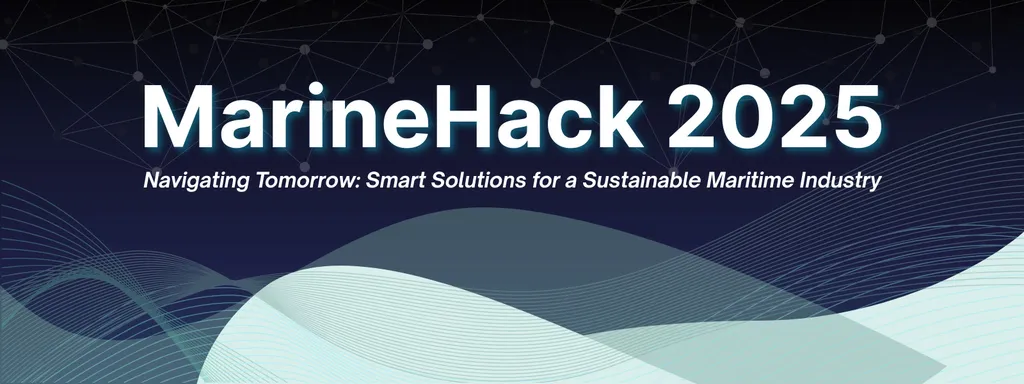The MarineHack 2025 Finals wrapped up in Labuan, showcasing the brightest young minds tackling the maritime industry’s toughest challenges. This year’s theme, ‘Navigating Tomorrow: Smart Solutions for a Sustainable Maritime Industry,’ set the stage for 36 finalists—divided into eight teams—to present their tech-driven solutions. Representing Universiti Malaysia Sabah (UMS), Asia Pacific University of Technology & Innovation (APU), and Universiti Sains Malaysia (USM), these students brought fresh perspectives to the table, leveraging Artificial Intelligence (AI), Internet of Things (IoT), and Big Data Analytics.
The hackathon, co-organised by PINC Technology Sdn. Bhd. and Universiti Malaysia Sabah Labuan International Campus (UMSKAL), aimed to foster innovation in maritime sustainability. Josef Wong, managing director of PINC Technology, set the tone in his opening remarks, emphasising the event’s role in nurturing the next generation of maritime innovators. “MarineHack’s vision is to strengthen collaboration between academia, industry, and the technology sector,” Wong said. He highlighted the transformative potential of AI and digitalisation in advancing Malaysia’s maritime sector, noting that such innovations are critical to the nation’s sustainable development agenda.
The event also celebrated PINC Technology’s recent achievements, including accolades from PIKOM, the SME Platinum Business Awards, Nanyang Siang Pau’s Golden Eagle Awards (Top 10 Excellent Eagles 2025), and its first international honour, the ASOCIO AI Service Provider Award in Taiwan. These recognitions underscore the growing impact of Malaysian tech innovators on the global stage.
Closing the event, Associate Professor Dr Geoffrey Harvey Tanakinjal, Dean of UMSKAL’s Faculty of International Finance, praised the participants for their creativity, resilience, and commitment to sustainable innovation. “MarineHack 2025 stands as a testament to Malaysia’s expanding innovation ecosystem, where technology, education, and sustainability converge to shape the nation’s maritime future,” he said. This sentiment resonates deeply, as the event demonstrated how collaboration and cutting-edge technology can drive meaningful change in the maritime industry.
The solutions presented by the finalists addressed a range of challenges, from optimising vessel operations to reducing carbon footprints. These innovations not only reflect the participants’ technical prowess but also their understanding of the broader environmental and social impacts of maritime activities. By integrating ESG (Environmental, Social, and Governance) principles into their projects, the students showcased a holistic approach to problem-solving, aligning with global trends towards sustainability and responsible business practices.
MarineHack 2025 has set a high bar for future competitions, inspiring more young innovators to engage with maritime challenges. The event’s success highlights the importance of platforms that bridge the gap between academia and industry, fostering an environment where groundbreaking ideas can flourish. As Malaysia continues to invest in its maritime future, initiatives like MarineHack will play a pivotal role in developing the talent and technology needed to navigate tomorrow’s challenges.

